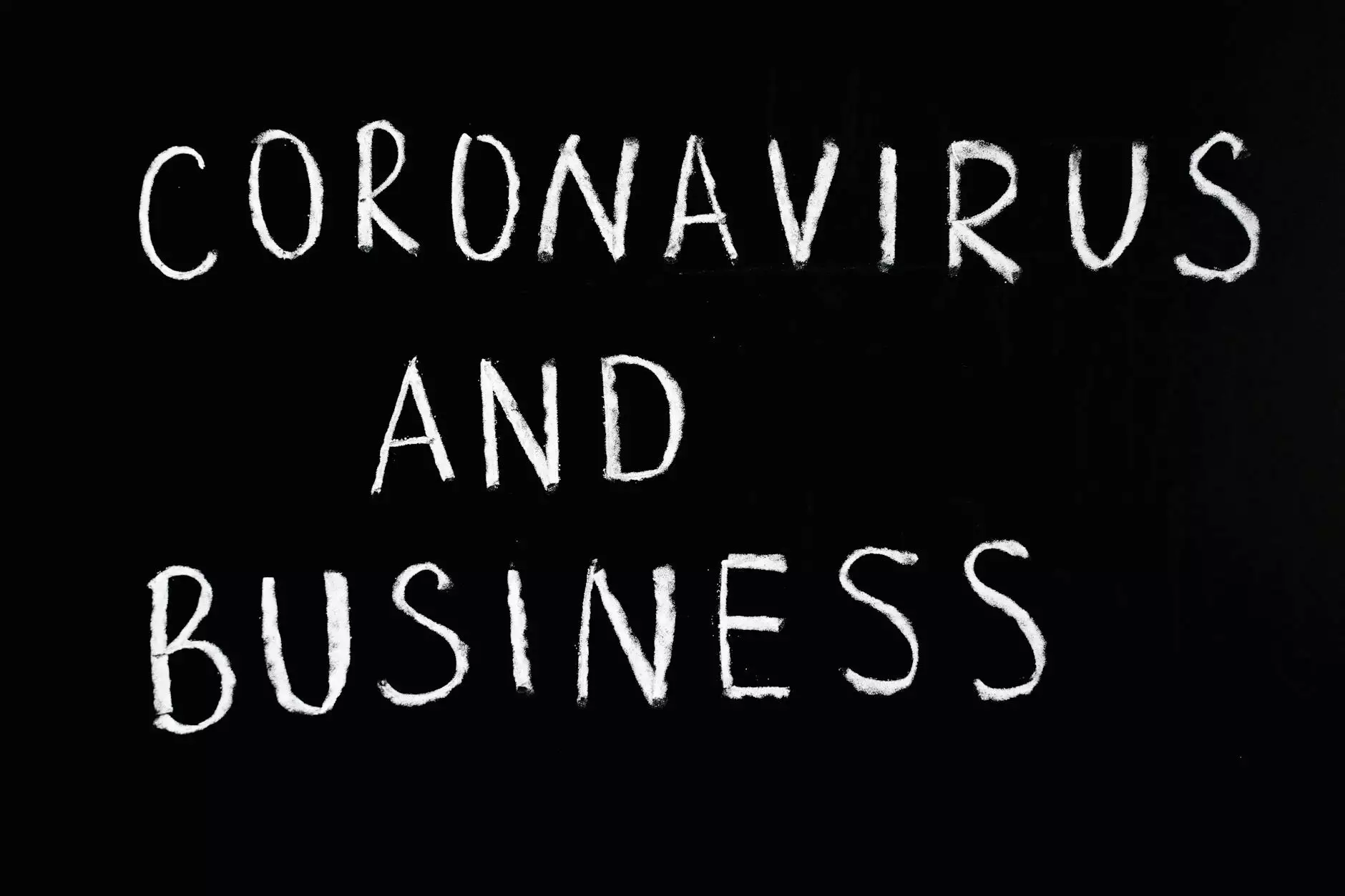SEVP Policy Guidance on Practical Training
Education Lawyers
Welcome to The Deng Law Firm's page on SEVP policy guidance for practical training. As a leading authority in the field of immigration and visas, we strive to provide comprehensive information and expert legal advice to help our clients navigate the complex world of practical training opportunities.
What is SEVP?
SEVP stands for Student and Exchange Visitor Program, which is a part of the U.S. Immigration and Customs Enforcement (ICE). It is responsible for monitoring and regulating the academic and vocational nonimmigrant programs that allow foreign students to study in the United States.
Practical Training and Its Importance
Practical training is an essential component of many academic programs, as it allows international students to gain real-world experience in their chosen fields of study. It provides an invaluable opportunity to apply theoretical knowledge in a practical setting, preparing students for successful careers in their respective industries.
Types of Practical Training
There are two main types of practical training available to international students:
- Curricular Practical Training (CPT): CPT is an integral part of the curriculum and is directly related to the student's major area of study. It can be undertaken during the program or as a required internship or cooperative education experience.
- Optional Practical Training (OPT): OPT allows students to work in the United States for up to 12 months after completing their academic programs. It can be used for employment related to the student's major field of study or for educational purposes such as internships or research.
SEVP Policy Guidance on Determining a Direct Relationship between Employment and a Student's Major Area of Study
SEVP has provided policy guidance to help educational institutions and students determine whether there is a direct relationship between employment and a student's major area of study. This is crucial in establishing eligibility for practical training programs.
Factors Considered in Determining a Direct Relationship
When evaluating whether the proposed employment is directly related to the student's major area of study, the following factors are considered:
- Relevance: The employment must be directly related to the skills and knowledge acquired through the student's academic program.
- Nature of the Duties: The duties performed in the job must align with the concepts and principles taught in the student's major area of study.
- Balance: The employment cannot be largely unrelated to the student's major area of study, as it should predominantly contribute to the student's learning and professional development.
- Proximity: The location and proximity of the employment to the educational institution can be taken into account to assess its relevance to the student's major area of study.
Documentation and Evidence
Students and educational institutions are required to provide adequate documentation and evidence to demonstrate the direct relationship between employment and a student's major area of study. This may include:
- Employment Offer: A formal job offer from an employer, clearly outlining the duties and responsibilities of the position.
- Statement of Purpose: A written statement explaining how the proposed employment aligns with the student's academic program and contributes to their learning and professional goals.
- Academic Adviser Recommendation: A recommendation letter from the student's academic adviser, confirming the relevance and direct relationship between the employment and the student's major area of study.
- Transcript and Course Descriptions: Academic transcripts and course descriptions that demonstrate the connection between the employment and the student's academic program.
The Deng Law Firm: Your Trusted Legal Partner
At The Deng Law Firm, we understand the importance of practical training for international students and the complexities involved in navigating SEVP policy guidance. Our team of experienced immigration attorneys is committed to providing expert legal advice and representation to ensure that our clients meet all the requirements for practical training opportunities.
Why Choose The Deng Law Firm?
- Expertise: Our attorneys specialize in immigration and visas, with a deep understanding of SEVP policy guidance and its implications for practical training.
- Comprehensive Solutions: We offer a range of comprehensive solutions tailored to individual needs, helping you make informed decisions and maximize your opportunities.
- Personalized Approach: Our team takes a personalized approach, ensuring that each client receives the attention and support they deserve throughout the practical training process.
- Proven Track Record: With a successful track record of assisting international students, The Deng Law Firm has established a reputation for excellence and client satisfaction.
For all your immigration and visa-related needs, trust The Deng Law Firm to provide the expert guidance you need to navigate practical training opportunities.




